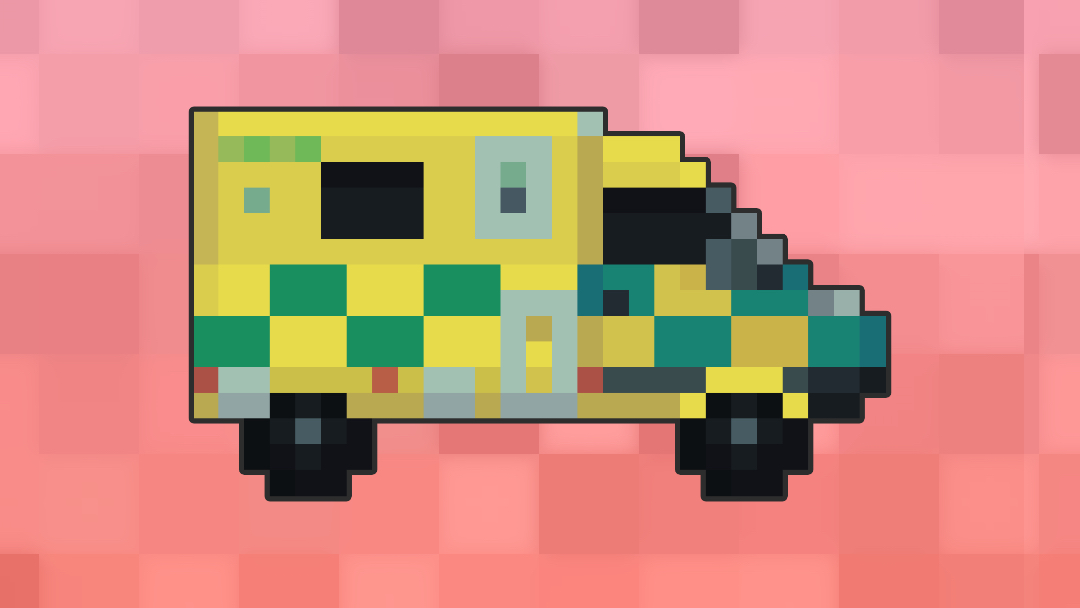- 📖 Geeky Medics OSCE Book
- ⚡ Geeky Medics Bundles
- ✨ 1300+ OSCE Stations
- ✅ OSCE Checklist PDF Booklet
- 🧠 UKMLA AKT Question Bank
- 💊 PSA Question Bank
- 💉 Clinical Skills App
- 🗂️ Flashcard Collections | OSCE, Medicine, Surgery, Anatomy
- 💬 SCA Cases for MRCGP
To be the first to know about our latest videos subscribe to our YouTube channel 🙌
Introduction
Pre-hospital emergency medicine (PHEM) is a subspecialty focused on providing critical care both on-scene and whilst transferring a patient to hospital.
PHEM can provide an exciting, varied and highly rewarding career, but getting experience in PHEM as a student can seem daunting.
In this blog post, I’ll provide some tips on how to gain experience in PHEM as a student.
University
Getting involved in PHEM via your university is often possible via relevant university societies (e.g. wilderness medicine, emergency medicine) and in some cases, institutions run a dedicated PHEM programme.
PHEM programmes often run a range of events covering practical skills and relevant theory. Programmes also often provide a chance for students to work with local ambulance services to gain some exposure.
Some university courses also provide the option of intercalating in PHEM. Intercalated PHEM programmes can provide a solid foundation in the relevant science and practical skills required for a future career in PHEM.
PHEM related CPD
There is a wide range of online and face-to-face continuing professional development (CPD) courses available to those who are interested in PHEM.
In addition, there are a number of relevant conferences which provide a great place to network with others interest in PHEM including:
- The Traumacare Conference
- The Faculty of Prehospital Care Annual Conference
- Tactrauma
Many air ambulance services also hold monthly clinical governance days open to all professionals and students in healthcare. On these days interesting cases are reviewed and teaching is provided on specific topics (check out the relevant air ambulance service website to find out more).
Voluntary or paid first aid role
Providing first aid at a range of events (e.g. marathon, festival) is a great way to get some hands-on clinical experience outside of the hospital setting (e.g. managing wounds, head injuries, drug overdose, fractures etc).
When looking into first aid roles it is essential that you choose a reputable company, with appropriate governance to ensure you are adequately supported to work within your skill level (e.g. St John Ambulance).
Most ambulance services across the country also have community first responder (CFR) schemes. These schemes involve being trained to attend local emergency calls in collaboration with the local ambulance service.
Other options
Other options for gaining PHEM experience include:
- Working at a refugee camp
- Being an observer on an ambulance shift
- Volunteering as a casualty at training events for ambulance services or police medics
- Visiting the training sites of the hazardous area response team (HART)
Tips for finding & making the most of your PHEM experience
- Make sure to network with others interested in or currently working in PHEM (e.g. at conferences)
- Keep an eye out for opportunities on Twitter by following key organisations and individuals in the PHEM scene.
- Review the Faculty of Prehospital Care website, which has a section on how to increase your chances of a successful application in PHEM
- Keep all of your certificates for PHEM relevant experiences you have been involved with




